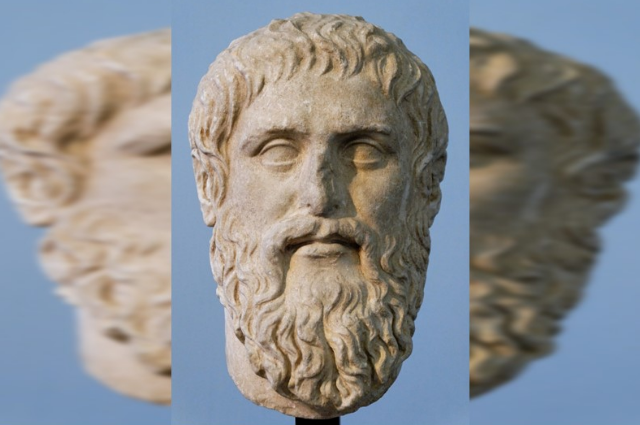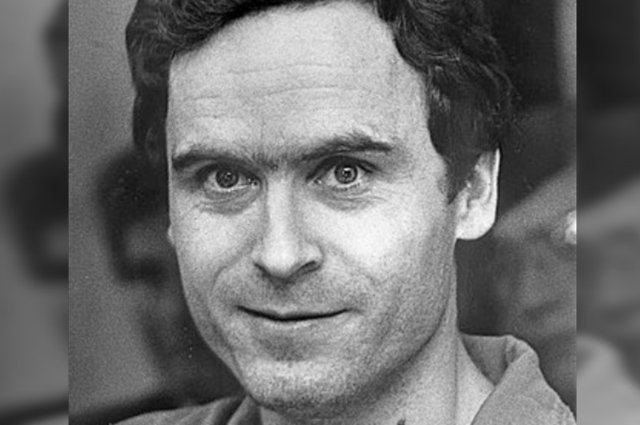Since the dawn of human history, intelligence has piqued our curiosity. Philosophers from the pre-Socratic era of Greece, including Plato and Aristotle, talked about intellect and how it affected behaviour. Contrary to Aristotle, who asserted that intelligence is a result of both nature and nurture, Plato thought that intellect is intrinsic and may be enhanced by education.

The Vedas, a body of classical Hindu writings, included discussions of the idea of intelligence in ancient India. In order to lead a satisfying life, the Vedas emphasise the significance of cultivating both moral character and mental aptitude, which they define as intelligence.

Intelligence was regarded in ancient China as a crucial component of success in both personal and political life. Intelligence and wisdom were closely related concepts; wisdom was defined as a combination of knowledge, experience, and moral character. Confucius, an ancient Chinese philosopher, emphasised the value of education and self-cultivation as a means of growing intelligent and wise.
In general, intelligence was considered to be a significant component of human behaviour and development in ancient times and was intimately associated with ideas like wisdom, education, and moral character. Ancient societies were very interested in and concerned about intelligence, despite the fact that particular definitions and understandings of intelligence differed throughout cultures and historical times. However, the development of the scientific study of intelligence did not start until the late 19th and early 20th centuries.
The earliest pioneers of intelligence were Sir Francis Galton, Alfred Binet, Lewis Terman and David Weschler, etc. Intelligence Quotient, popularly known as IQ, which has long been held the gold standard for measuring the individual’s potential in success was first introduced in the early 20th century by French psychologist Alfred Binet. IQ encompasses various mental abilities such as verbal reasoning, spatial ability, numerical ability, abstract reasoning ability and so on, which reflects on how well an individual can understand, reason and solve the problems. Discarding the traditional view of intelligence, Howard Gardner proposed the concept of multiple intelligence in 1983 emphasising on intelligence being a holistic aspect and gave eight different types of intelligence; linguistic, logical-mathematical, musical, bodily-kinesthetics, spatial, interpersonal, intrapersonal, and naturalistic. We'll talk about emotional intelligence in the following paragraphs, which was coined by scholars Peter Salovey and John Mayer. It's a related concept that merges intrapersonal and interpersonal intelligence.

Many of you must be aware of Ted Bundy, a notorious serial killer in 1970s who confessed to kill 30 women, while the numbers are speculated to be more than that. He reportedly had an IQ of 136. Despite his high intelligence, he lacked empathy and even showed no remorse to the victims. This shows that having an intellect doesn’t necessarily provide one emotional and moral compass. Another well-known case in point is the acquittal of O.J. Simpson for the killings of Nicole Brown Simpson and her friend Ron Goldman. While there is still disagreement over the specifics of the crime, many people think that Simpson was driven by intense rage and jealousy and that he may have acted impulsively in the heat of the moment. While crimes driven by lack of emotional regulation might be an extreme example, let’s dive into simpler examples.
How often have you experienced difficulty in making decisions due to your emotions? How often have you taken out your anger of one person on others? How often have you blurted out the things you should not have when extremely happy/sad/angry? Studies have shown that emotional intelligence, social skills, empathy and other aspects being very much important for effective decision making, emphasising that IQ alone is not responsible for such process.
While we highly associate IQ with higher order mental abilities, we tend to disregard our emotional aspects. Consider Abraham Lincoln, who is regarded as one of the best presidents in American history. Lincoln had a high EQ, which enabled him to connect with people from many areas of life despite having very little formal schooling. He was able to traverse challenging political situations and come to conclusions that were in the best interests of the nation by using his emotional intelligence.

Emotions are the essence of our lives, and we experience in average 400 emotions per day according to experts. Shocking, is it? It is because we are detached from our emotions, and we lack emotional vocabulary which makes us unable to label our emotions. There might have been many times when you were feeling something but couldn’t figure out what exactly. It is the lack of practice of getting in touch with our emotions, feeling them, and dealing with them in an effective way. Emotions has always been looked at as a weakness in our society. It is indeed weakness if not taken care of like in the examples above as it significantly affects our mental processes and behaviour. This is where emotional intelligence comes in handy.
According to Mayer and Salovey (1990), there are four components to emotional intelligence; perceiving, using, understanding and managing emotions of self and others. It is an ability to perceive the emotions, label the emotions accurately, understand the cause and consequences, and effectively regulate them.
Emotional Intelligence is essential for personal and professional success. In personal life, Emotional Intelligence helps individuals to deal with stress, communicate effectively, and build healthy relationships. In professional life, Emotional Intelligence helps individuals to be effective leaders, work well in teams, and adapt to changing work environments. When individuals are aware of their emotions and can regulate them, they are better equipped to make rational decisions. Emotional Intelligence also helps individuals to empathize with others and make decisions that benefit the team, rather than just themselves.
Good thing is that it is possible to build emotional intelligence via practise; it is not a set attribute. Self-reflection exercises are one technique to strengthen emotional intelligence. This entails taking the time to recognise and comprehend one's emotions, as well as the causes and patterns that lead to them. Self-regulation exercises are another approach to increase emotional intelligence. Developing techniques to control emotions and impulses, such as deep breathing or taking a break, is necessary for this.

In conclusion, while IQ is certainly important, EQ is equally important when it comes to success in life. It helps us to understand and manage our own emotions, empathize with others, and communicate effectively. EQ has been shown to be a better predictor of success in the workplace than IQ, and it plays an important role in our personal relationships and mental health. By practicing mindfulness and empathy, we can improve our EQ and lead more fulfilling, successful lives.
So, let's give EQ the attention it deserves and work towards developing our emotional intelligence. It will not only benefit us personally but also have a positive impact on the world around us.
. . .
References:
